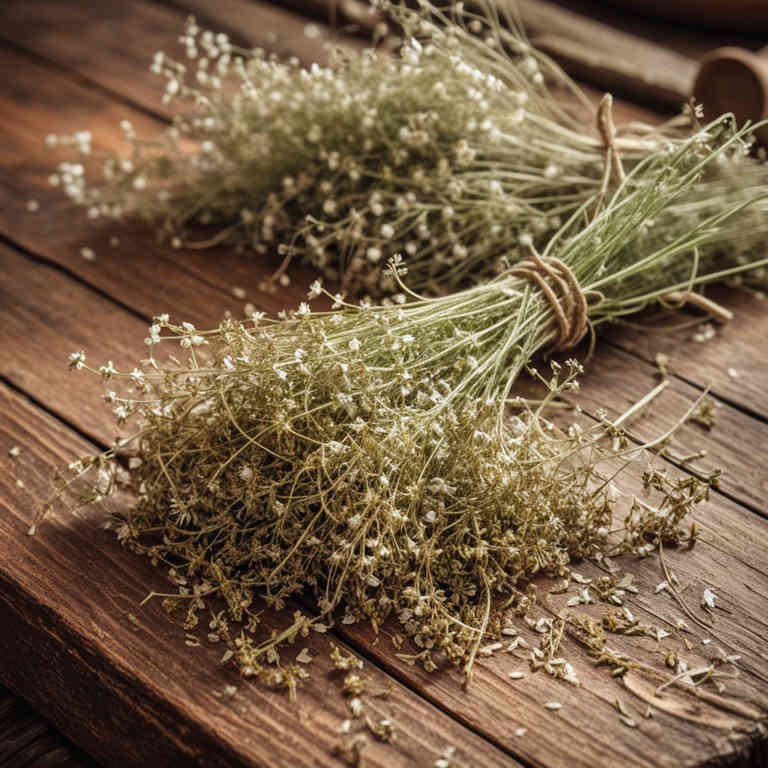Euphrasia officinalis mucillage for medicinal use

Euphrasia officinalis mucillage is a preparation made from the mucilage extracted from the leaves of the greater eyebright plant.
This mucilage is rich in polysaccharides and has soothing and demulcent properties. In herbalism, it is used to support eye health and alleviate inflammation of the eyes, such as conjunctivitis or irritated eyes. It is often prepared as a tincture or eye wash to provide gentle relief.
This preparation is valued for its mild, nourishing action on mucous membranes.
Uses
Euphrasia officinalis mucillage has been used to treat eye conditions and inflammatory disorders for centuries.
Historically, it was valued in traditional medicine for its soothing properties, particularly for ailments like conjunctivitis and eye fatigue. In modern herbal practice, it is often used as a demulcent to calm irritated mucous membranes in the eyes, throat, and digestive tract. Its mucilage content provides a protective layer that helps reduce inflammation and irritation.
Today, it is still used in some herbal formulations for supportive care of eye health and respiratory issues.
Benefits
Euphrasia officinalis mucillage has health benefits such as reducing eye strain, alleviating inflammation, and supporting immune function.
It is traditionally used to soothe irritated eyes and may help with conditions like conjunctivitis or dryness. The mucilage content provides a protective coating that can ease discomfort and promote healing. It also has mild anti-inflammatory and antioxidant properties that contribute to overall wellness.
This preparation is often used in herbal remedies for its calming and restorative effects on the body.
Constituents
Euphrasia officinalis mucillage active constituents include flavonoids, iridoids, saponins, mucilage, and tannins.
These compounds contribute to its traditional use in supporting eye health and reducing inflammation. The mucilage provides a soothing effect, making it beneficial for irritated mucous membranes. Flavonoids and iridoids are known for their antioxidant and anti-inflammatory properties.
Saponins may support immune function, while tannins help in astringency and tissue repair.
Preparation
To make Euphrasia officinalis mucillage, begin by harvesting the fresh or dried aerial parts of the plant, ensuring they are free from contaminants.
Next, soak the plant material in cold water for 24 hours to allow the mucilage to dissolve. After soaking, strain the mixture through a fine mesh or cheesecloth to separate the liquid from the solid residue. The resulting mucilage can then be further processed by evaporating the water under low heat to concentrate the preparation.
This mucilage is valued for its soothing properties and is commonly used in herbal medicine for its demulcent and anti-inflammatory effects.
Side Effects
Euphrasia officinalis mucillage may lead to mild gastrointestinal discomfort, including nausea or diarrhea, in some individuals.
It is generally considered safe when used in recommended doses, but excessive consumption could cause stomach upset or allergic reactions. The mucilage is known for its soothing properties, often used in eye drops or as a demulcent for respiratory or digestive issues. However, it may interact with certain medications, particularly those affecting the eyes or the central nervous system.
People with known allergies to plants in the Plantain family should avoid this preparation.